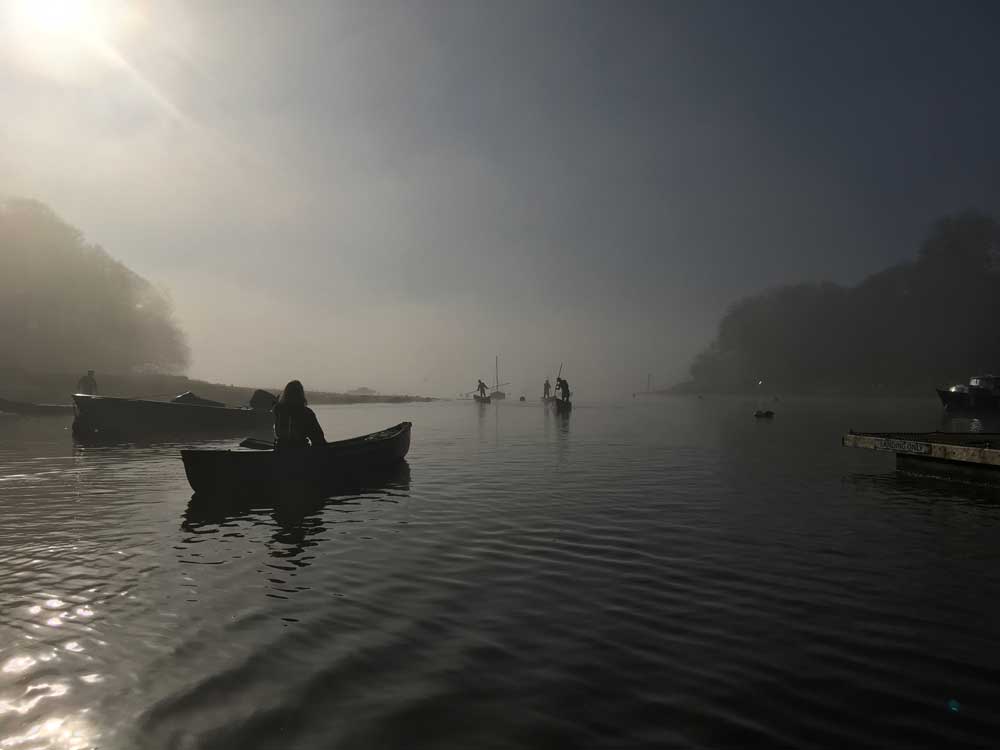Our approach involves including our stakeholders in the design and development of our programmes. Stakeholders include Transition Teams, SENDCOs, Education Psychologists, Social Workers and Family Therapists. Based on experience and research the programmes we run are student centered and strength based.
Our approach reinforces the five steps to wellbeing by:
1) Connecting with other people
2) Being physically active
3) Learning new skills
4) Giving to others
5) Paying attention to the present moment







